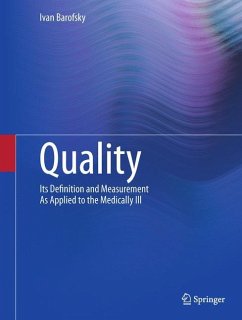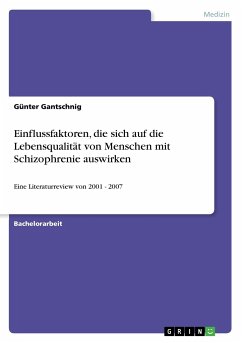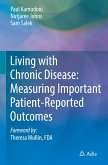Quality, as exemplified by Quality-of-life (QoL) assessment, is frequently discussed among health care professionals and often invoked as a goal for improvement, but somehow rarely defined, even as it is regularly assessed. It is understood that some medical patients have a better QoL than others, but should the QoL achieved be compared to an ideal state, or is it too personal and subjective to gauge? Can a better understanding of the concept help health care systems deliver services more effectively? Is QoL worth measuring at all? Integrating concepts from psychology, philosophy, neurocognition, and linguistics, this book attempts to answer these complex questions. It also breaks down the cognitive-linguistic components that comprise the judgment of quality, including description, evaluation, and valuations, and applies them to issues specific to individuals with chronic medical illness. In this context, quality/QoL assessment becomes an essential contributor to ethical practice, a critical step towards improving the nature of social interactions. The author considers linear, non-linear, and complexity-based models in analyzing key methodology and content issues in health-related QoL assessment.
This book is certain to stimulate debate in the research and scientific communities. Its forward-looking perspective takes great strides toward promoting a common cognitive-linguistic model of how the judgment of quality occurs, thereby contributing important conceptual and empirical tools to its varied applications, including QoL assessment.
This book is certain to stimulate debate in the research and scientific communities. Its forward-looking perspective takes great strides toward promoting a common cognitive-linguistic model of how the judgment of quality occurs, thereby contributing important conceptual and empirical tools to its varied applications, including QoL assessment.








